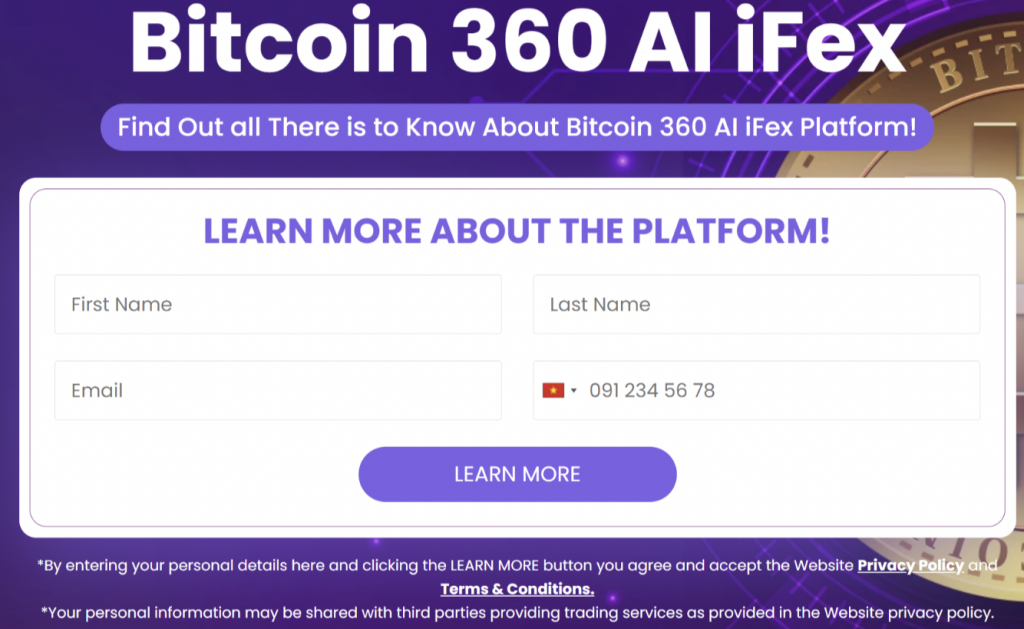Introduction
Blockchain is a distributed ledger that can store transactions between two or more parties. It’s used for a variety of applications, including tracking property ownership. While blockchain programming has been around for some time, it’s only recently become easier to use with the advent of smart contracts and blockchain development platforms like Ethereum. In this article, we will explore how you can use blockchain programming in your business. To know more about cryptocurrencies and their impact on real estate, click the image below:

Property transactions can be tracked with blockchain.
Blockchain is a distributed ledger that stores data across multiple computers. It’s like a giant spreadsheet or database that all the computers in the network can see and agree upon.
Blockchain works by having each computer on the network maintain its own copy of a blockchain, which means no single person or entity owns it—it’s shared among everyone who participates in the network. Each block contains information about one transaction, so if you want to add something new or change an existing entry (you may do this once every 10 minutes), you must share it with everyone else first!
This is where blockchain gets its name. It’s like a chain of blocks, and each block links to the one before it. This makes it easy to see who changed what and when—it’s all public information anyone can access.
Real estate deals can make use of smart contracts.
Smart contracts are automated contracts. They’re stored on the blockchain and execute automatically when certain conditions are met. Smart contracts can automate real estate transactions by using a smart contract to purchase and sell property or for mortgage lending.
The escrow process is ideal for blockchain.
Blockchain can be used to track the escrow process and automate it. You can use it to see who paid what, when they paid, and how much money you have left in your escrow account. This lets you know that all payments are made at the right time and that no one is late with their payment (because if they were, they should know better than anyone else).
With blockchain technology, you’ll also see every transaction from start to finish without having any human interaction between parties involved in completing this transaction—which means faster transactions!
You can track ownership of deeds with blockchain.
You may have heard about the potential for blockchain to be used in real estate, but you might not know exactly how it works. How does a piece of paper with your name become worth money? Well, when you purchase your first house and make sure that everything matches up perfectly, the value starts to soar!
The same thing goes for land ownership: if you own any property (whether through inheritance or as part of an investment), having access to accurate records means that you can manage and protect your assets better than ever before. And since there’s no single authority who can prove whether or not something happened at one point in time or another—or even if anything has happened at all—this makes sense when looking toward future developments such as selling off those lands without having anyone question whether they’ve actually been sold off yet.”
Blockchain could make real estate transactions faster and easier for both parties involved.
You can use blockchain technology to track real estate transactions. Smart contracts are a type of contract that allows you to automatically execute certain actions when certain conditions are met, such as transferring ownership of property.
The escrow process is ideal for using blockchain because it can be automated and transparent, making it easier for everyone involved in the transaction process to follow along with their end goal: buying or selling your home.
With smart contracts, you’ll have better control over who owns what at any given time, which will help prevent fraud from happening in the future!
Conclusion
To summarize, the future of real estate is bright. With blockchain technology becoming more prevalent in everyday life and more people understanding how it can improve their lives, the industry has many exciting possibilities. Whether or not you believe this technology has the potential to revolutionize your business model, there’s no denying that it holds endless potential for innovation.












